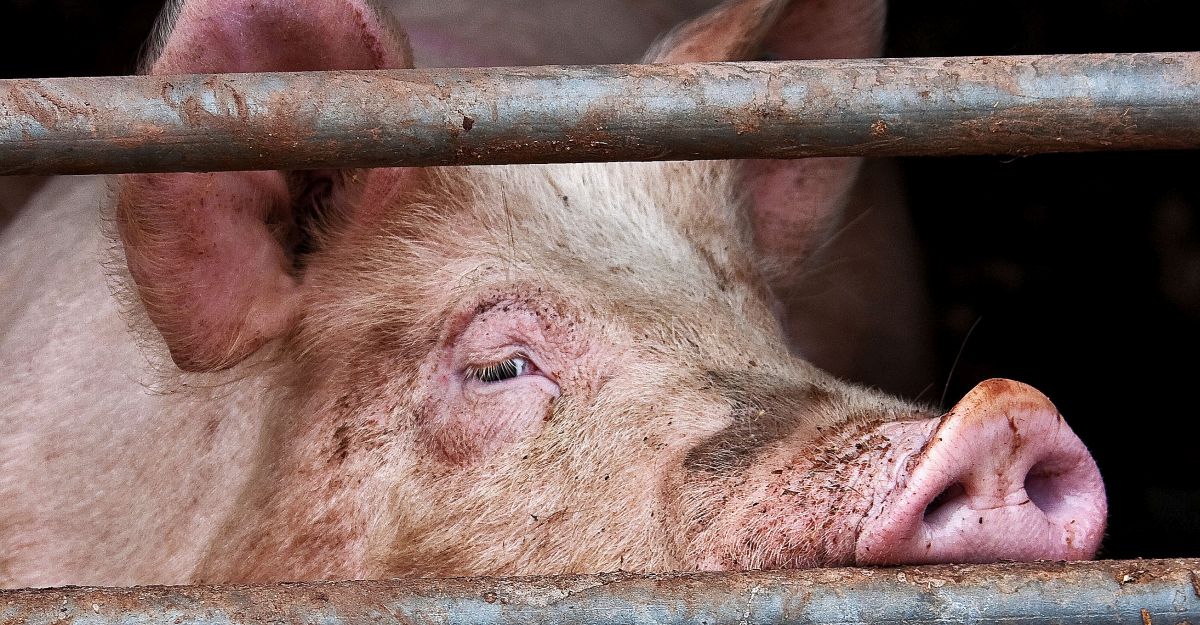I have an article up at Drum about all of the above:
How has the online temperament of news changed journalism? In Katrina Fox’s article on objectivity, transparency and advocacy in journalism, “What’s your bias?”, Marcus O’Donnell, lecturer in journalism, explains:
[O]bjectivity was a trust mechanism we relied on in media that didn’t do links. But now we can make it perfectly clear where we are coming from, what our sources are and what our values are, and it is this transparency that is the new trust mechanism that both readers and writers have to rely on.
Consider the recent Bradley Manning-Adrian Lamo-WikiLeaks case, a tangled web of intrigue, opacity and half-truths, with a dose of nepotism thrown in. Manning, a young US soldier, allegedly boasted to web journalist Lamo, online, that he was the source of the Apache helicopter video, Collateral Murder, in addition to a number of other documents leaked to WikiLeaks, including unreleased footage of a civilian massacre in Afghanistan and “hundreds of thousands of classified State Department records”.
No-one outside the key players, however, is quite certain to what extent Wired played a role in Manning’s arrest, how much information in Manning’s arrest, how much information was extracted by Lamo during the online chats or what information, if any, Manning actually leaked.
Manning is potentially facing 53 years in prison for his unverified crimes. If he is indeed the source of the “Collateral Murder” video, journalist Glenn Greenwald asserts:
That’s a whistleblower in the purest form: discovering government secrets of criminal and corrupt acts and then publicizing them to the world not for profit, not to give other nations an edge, but to trigger “worldwide discussion, debates, and reforms.”
Read the article over at Drum.


